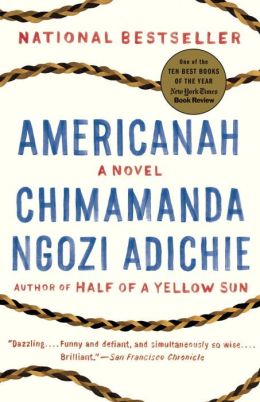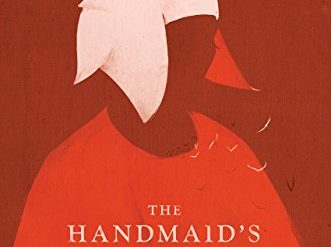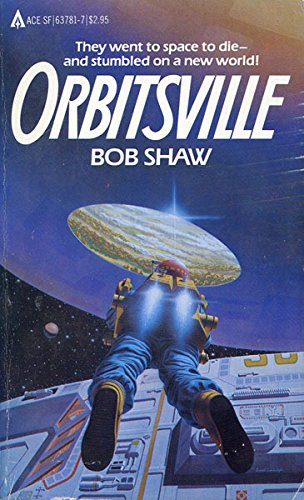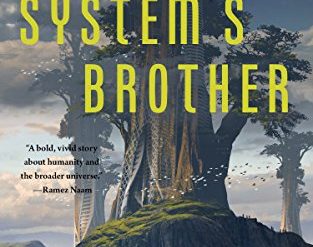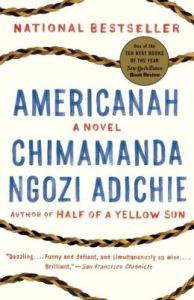
Like practically everyone I know, I’m uncomfortable talking about race. Given the unsteady dynamics of relations between Jews and African-Americans, the subject has been particularly fraught with tension for me. From the time in eighth grade when I was ridiculed for befriending a black classmate, to my years in grassroots politics when I sometimes found myself the only white person in the room (and faced open suspicion and even hostility from some), race has always been a difficult topic for me. I think it’s that way for nearly all Americans, or at least all white Americans (and especially for those who claim to be “color blind”). And I’ve always thought I perceived race without blinders on.
Perhaps the American obsession with race can only be viewed dispassionately by an African for whom the topic is entirely new and strange. In Americanah, the brilliant young Nigerian novelist Chimamanda Ngozi Adichie brings the topic to the fore, subjecting it to merciless and sometimes hilarious scrutiny both in her portrayal of the relationships among her characters and in freewheeling commentaries on race posing as blog posts scattered throughout the book.
Americanah by Chimamanda Ngozi Adichie (2014) 610 pages ★★★★★
Following up her extraordinary novel about the Biafran war of independence, Half of a Yellow Sun (reviewed here), with an even more personal story, Adichie tells the story of Ifemelu, a young Nigerian who emigrates to the United States to complete her education and returns to Nigeria thirteen years later. Americanah — the word appears to be Nigerian slang for a person like Ifemelu who returns home with American habits and expectations — is, above all, a love story. The focus throughout is on her relationships with men — from her high school sweetheart to the “rich white hunk” to the African-American professor. I don’t know whether Ifemelu is the author’s alter ego. But given her intelligence, her Nigerian education, and her family’s intellectual heritage, she might as well be.
Americanah is the story of an African immigrant, but in a broader sense it stands for the experience of millions of Asian, Latin American, and Eastern European immigrants as well — just the latest installment in America’s centuries-long history as a refuge not just for the “tired, poor, and huddled masses yearning to be free,” but for millions of economic refugees bringing advanced skills and often superior education that enable them to jump-start their careers in the New World. When the history of this era is written in centuries to come, the rapid shift from colonization to globalization will surely rise to the fore.
For more great reading
This is one of the many Good books about racism reviewed on this site and of Top 10 great popular novels reviewed here.
Also, this is one of 20 top books about Africa, including both fiction and nonfiction.
If your taste runs to genre fiction, check out my posts:
- Great sci-fi novels reviewed: my top 10
- My 20 favorite espionage novels
- 20 excellent standalone mysteries and thrillers
And you can always find my most popular reviews, and the most recent ones, on the Home Page.

